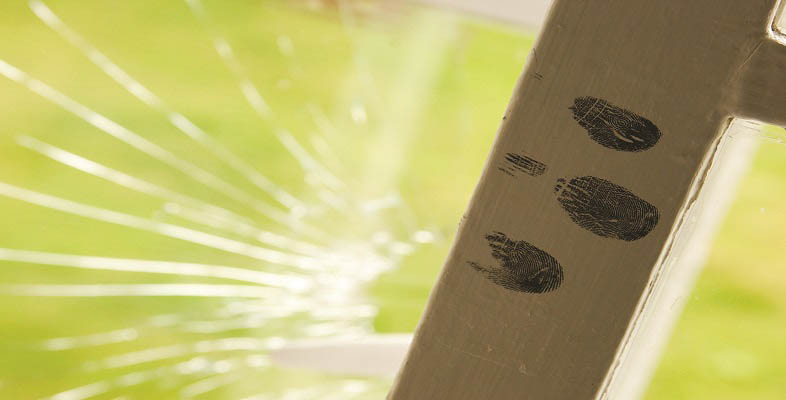Explore how your own mind works, and discover how the limitations of the human brain can lead to major miscarriages of justice.
Despite advances in forensic science, eyewitness testimony remains a critical component of criminal investigations. Psychological research has revealed the dangers of relying on evidence gained from an eyewitness and also how careful the police need to be when questioning witnesses.
Using videos of real witnesses and from cameras that go behind the scenes of a police investigation, this course explores the psychology of eyewitness testimony. You will get the chance to test your own cognitive skills and to see whether your powers of investigation are as good as a crack squad of police officers, as you try to solve a crime using nothing but evidence from eyewitnesses.
This course is intended for those with an interest in psychology and/or criminal investigation, and does not require any previous experience of studying either subject.
If you found this course interesting and want to test yourself further, why not take a look at the Open University's BSc in Forensic psychology?
Enrolling on the course will give you the opportunity to earn an Open University digital badge. Badges are not accredited by The Open University but they're a great way to demonstrate your interest in the subject and commitment to your career, and to provide evidence of continuing professional development.
Once you are signed in, you can manage your digital badges online from My OpenLearn. In addition, you can download and print your OpenLearn statement of participation - which also displays your Open University badge.
The Open University would really appreciate a few minutes of your time to tell us about yourself and your expectations for the course before you begin, in our optional start-of-course survey. Once you complete the course we would also value your feedback and suggestions for future improvement, in our optional end-of-course survey. Participation will be completely confidential and we will not pass on your details to others.

This course is accredited by the CPD Standards Office. It can be used to provide evidence of continuing professional development and on successful completion of the course you will be awarded 24 CPD points. Evidence of your CPD achievement is provided on the free Statement of Participation awarded on completion.
Anyone wishing to provide evidence of their enrolment on this course is able to do so by sharing their Activity Record on their OpenLearn Profile, which is available before completion of the course and earning of the Statement of Participation.
Earn this free Open University digital badge if you complete this course! The badge can be displayed, shared and downloaded as a marker of your achievement. The badge is awarded for completing the course and passing the quizzes.
Course learning outcomes
After studying this course, you should be able to:
- understand the psychology of eyewitness testimony
- develop skills in investigation
- explore human cognition and discover the mistakes brains can make
- discuss concepts of criminal investigation
- consider the relationship between limitations of the human brain and miscarriages of justice.
First Published: 20/06/2017
Updated: 20/01/2020
